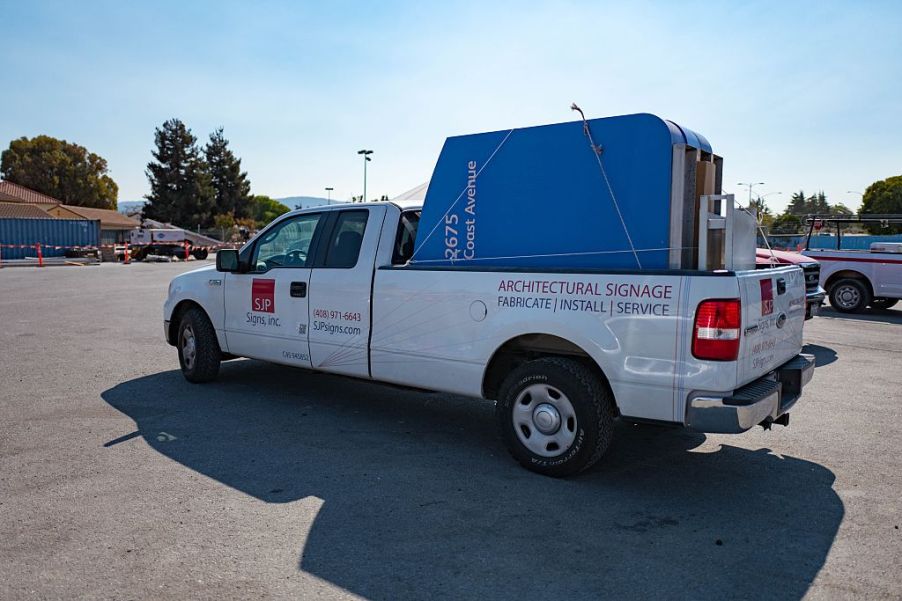
Why Does My Truck Squeak When I Turn?
Unusual noises coming from a pickup truck can be enough to set any owner on edge. That’s especially the case when it involves a squeaking sound while turning. Upon hearing this sound, a driver may automatically assume the worst, when it fact it could indicate only a rather minor issue. Before you panic, it’s important to investigate the reason for the squeaking. Where do you begin? Here are a few things to look at.
Low power steering fluid
A squeaking noise will sometimes warn you that your vehicle is low on power steering fluid. As such, the first thing you should do is to check the fluid levels. While doing so, look around your engine compartment for a reddish colored fluid, which could indicate a leak.
Many times, adding more fluid and addressing the source of any leaks is enough to stop your squeaking problem. However, if it has been some time since you last changed your fluid, you may want to have it drained and refilled as well.
You have a worn belt
Power steering belts wear out over time. As they begin to age, they may sometimes cause a squeaking sound as well. So after checking your power steering fluid, you should then inspect your belt. Look for dry rot, cracks, or missing rubber that might indicate your power steering belt has seen its better days. Replace it if you notice any signs of damage.
Even good belts can sometimes squeal if they are poorly lubricated or not adjusted properly. Accordingly, you should also check the tension on your belt and add a bit of lubricant if needed.
Your power steering system is failing
If you still notice squeaking after addressing the first two issues, the problem could be that your power steering system is failing. This is especially true if you mostly hear the squeak while making a right-hand turn. You might also notice that it is more difficult to make a turn, particularly when driving at very low speeds. The power steering pump itself might even make a grinding or whining sound.
Several components make up your power steering system, including your power steering pump, steering yoke, steering coupler, and multiple hoses. Replacing the faulty parts is needed if you are to safely operate your vehicle.
Worn ball joints
Your truck has either two or four ball joints, depending on its suspension system. They connect the control arms with your steering spindles and operate similar to your own ball-and-socket joints.
Accordingly, they are constantly subject to friction, and may eventually wear out. When this happens, you will probably notice a squealing noise in the front of your car, along with some vibration while you are driving.
Worn ball joints pose a serious safety hazard, and should therefore be replaced immediately. A worn ball joint could possibly break while you are driving, in which case you would be completely unable to control your steering.
The result could be a very serious or even potentially fatal accident. You cannot predict when a ball joint might give out, so you should never assume that this repair can wait.
Preventing steering problems
Routine maintenance will help you avoid the most common issues that would cause your truck to squeak while turning. Even ball joint problems can often be detected with regular suspension checks and tire rotations. Visually inspect the condition of your belts as well as your fluid levels on a regular basis. If you do notice a squeaking noise, use this information as a checklist to help you identify and address the source of your problem.
In most cases, a squeaking noise while turning does not mean anything serious. Other times, it indicates a problem that must be taken care of right away. To ensure your safety, be sure to address the matter as soon as you become aware of it.


